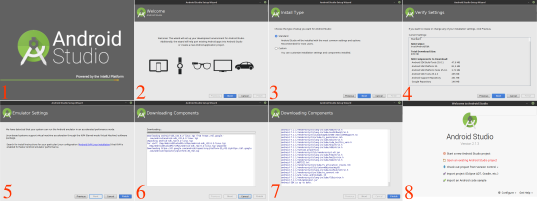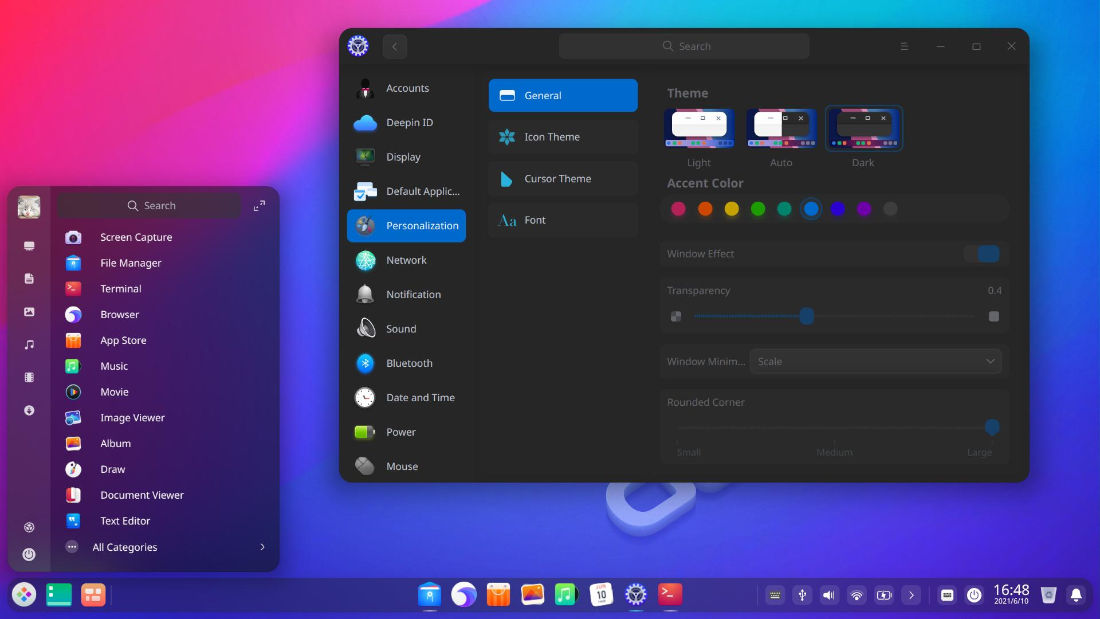
To save time, you do not have to download everything. Repo sync will take very long time to complete the download. Install the other required packages for the build environment: 1 # apt-get install git gnupg flex bison gperf build-essential \Ģ zip curl libncurses5-dev x11proto-core-dev \ģ libx11-dev libreadline6-dev libgl1-mesa-glx libgl1-mesa-dev \Ĥ python-markdown libxml2-utils xsltproc zlib1g-devįollow the instruction on Downloading the Android Source 1 $ cd ~/android/src Install the empty libc6-dev deb that is built from equivs-build: 1 # equivs-build controlĢ # dpkg -i libc6-dev_2.13-38+deb7u1_b Modify the libc6-dev package control file to change its dependency to "Depends: libc6 (>= 2.13-38+deb7u1), linux-libc-dev" 1 Package: libc6-devħ Depends: libc6 (>= 2.13-38+deb7u1), linux-libc-dev

Then, using the equivs tools to build an empty libc6-dev package and install it to circumvent dependency checking. I install the libc6-dev package manually by extracting the files from the deb.

And because the Debian libc6-dev depends on libc6 (= 2.13-38+deb7u1), it prevents libc6-dev from being installed. The installed libc6 is a newer version (2.17-97) than the official Debian wheezy libc6 (2.13-38+deb7u1). See How to enable SSH (Secure Shell) on a WD My Cloud. You will need to enable SSH from the My Cloud dashboard. My Debian Armhf device is My Cloud from Western Digital. Refer to Installing required packages (Ubuntu) in Initializing a Build Environment for Linux. 1 # update-alternatives -install /usr/bin/java java /opt/java/jdk1.7.0_51/bin/java 2000Ģ # update-alternatives -install /usr/bin/javac javac /opt/java/jdk1.7.0_51/bin/javac 2000

I install Oracle 7 JDK into /opt/java/jdk1.7.0_51 Though the latest version of Android in the Android Open Source Project (AOSP) requires OpenJDK 7 for Linux. I will show how to compile the build tools: aapt, aidl on a Debian Armhf (wheezy) device using the Android source. The Android SDK tools does not support building on Linux Arm.


 0 kommentar(er)
0 kommentar(er)
